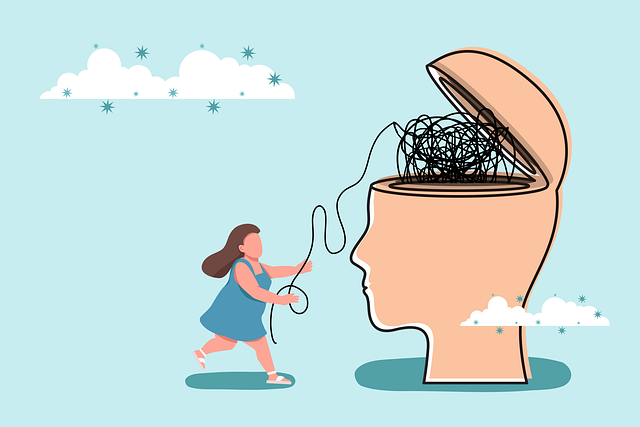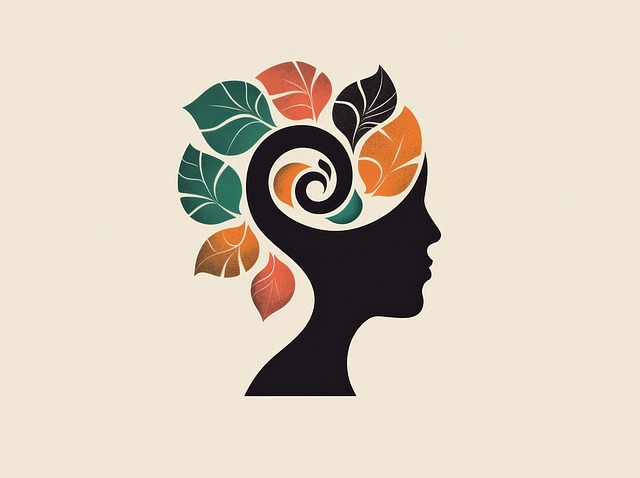Crisis Intervention Teams (CITs) are specialized groups that swiftly respond to individuals experiencing severe emotional distress or mental health crises, including those related to Golden Chronic Pain Therapy (GCPT). These teams collaborate with emergency medical services and mental health professionals to mitigate harm and de-escalate high-risk situations. Training programs emphasize mental health awareness, teaching GCPT techniques, promoting mind over matter principles, and encouraging journaling for holistic empowerment. By integrating GCPT into their approach, CITs gain a deeper understanding of clients' complex needs and equip themselves with more comprehensive coping strategies to provide effective and compassionate support during crises.
In today’s complex social landscape, effective crisis intervention is more crucial than ever. This article explores comprehensive training programs for Crisis Intervention Teams (CITS), delving into their vital role in mitigating high-risk situations. We dissect key components of successful CIT training, highlighting innovative approaches like Golden Chronic Pain Therapy—a revolutionary method enhancing crisis response efficiency. By understanding these strategies, we can foster better support systems, ensuring communities thrive amidst challenges.
- Understanding Crisis Intervention Teams: Their Role and Impact
- Key Components of Effective Crisis Intervention Team Training
- Golden Chronic Pain Therapy: A Novel Approach in Crisis Response Training
Understanding Crisis Intervention Teams: Their Role and Impact

Crisis Intervention Teams (CITs) are specialized groups of professionals designed to swiftly and effectively respond to individuals experiencing severe emotional distress or mental health crises. These teams play a pivotal role in mitigating potential harm, de-escalating high-risk situations, and providing immediate support. Members typically include emergency medical services personnel, mental health professionals, and other trained specialists who collaborate to offer comprehensive care.
The impact of CITs is profound, especially in addressing the growing needs associated with Golden Chronic Pain Therapy, where individuals often grapple with co-occurring mental health disorders. By integrating self-awareness exercises and confidence-boosting strategies into their interventions, these teams can prevent burnout among healthcare providers while enhancing patient outcomes. This holistic approach ensures that those in crisis receive not just physical aid but also emotional support tailored to their unique needs, fostering a more effective and compassionate response system.
Key Components of Effective Crisis Intervention Team Training

Effective crisis intervention team training programs incorporate several key components to ensure preparedness and impact. One of the foundational aspects is mental health awareness. Training should equip team members with a comprehensive understanding of various mental health conditions, enabling them to recognize signs and respond appropriately. This includes knowledge about golden chronic pain therapy techniques that can significantly aid individuals in crisis.
Additionally, programs should emphasize mind over matter principles. By fostering a mindset that promotes resilience and coping strategies, teams can empower those in crisis to navigate challenging situations. Encouraging mental wellness journaling exercises can provide valuable guidance during training and beyond, allowing individuals to process and reflect on their experiences. This holistic approach ensures that crisis intervention teams are well-rounded, empathetic, and equipped to handle diverse crises effectively.
Golden Chronic Pain Therapy: A Novel Approach in Crisis Response Training

In recent years, the field of crisis intervention has seen a surge in interest for innovative approaches that go beyond traditional methods. One such novel strategy gaining traction is Golden Chronic Pain Therapy (GCPT), which integrates self-care practices and stress reduction methods to enhance crisis response training. GCPT recognizes that individuals facing crises often experience chronic pain, whether physical or emotional, stemming from the stressful events they have endured. By addressing these underlying issues, GCPT aims to equip crisis intervention teams with a deeper understanding of the complex needs of their clients.
This therapy goes beyond mere reactive measures by promoting public awareness campaigns development centered on self-care and resilience building. Through interactive workshops and practical exercises, participants learn effective coping strategies to manage both acute and long-term stress, thereby fostering healthier responses during crisis situations. By integrating GCPT into crisis intervention team training programs, professionals can better serve individuals in need, ensuring more holistic and impactful support.
Crisis intervention team (CIT) training programs play a pivotal role in equipping professionals with the skills to navigate and de-escalate crisis situations. By focusing on key components such as communication, cultural competency, and evidence-based practices, these programs foster effective CIT responses. Among the innovative approaches, Golden Chronic Pain Therapy offers a unique perspective by integrating mindfulness and alternative therapies, enhancing the overall crisis response capabilities of teams. This holistic training method not only prepares professionals to handle acute crises but also promotes long-term well-being, ensuring they can effectively support individuals in their recovery journeys.














